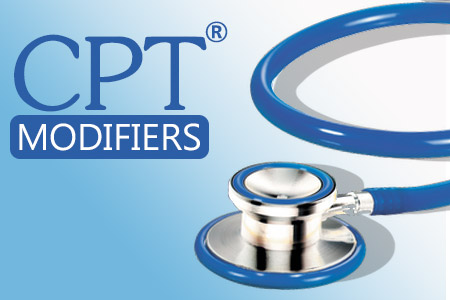Do you have up-to-date practice encounter forms? If you haven’t updated them for a year or more, then you might be at a risk of losing some dollars. If your forms haven’t been updated for more than 5 years, then you surely are missing opportunities to generate revenue. However, it is unfortunate that we still find out-of-form encounter forms very common. It is a very essential line between your work and you getting paid for it, although updating them can be tedious and time-consuming task.
In accordance to the Health Insurance Portability and Accountability Act (HIPPA), it is a must for physicians and payers to use ICD-10 and CPT® codes that are effective for the date of service. It means that you have no grace periods to delete old codes from your claims. If the reporting codes are not effective for the date of service, then the claim will be denied. Therefore, it is essential to stay updated with the new/latest codes or coverage rules as failing to do so will result in lost revenue opportunities.
Medical CPT® Modifiers
Sometimes we need to provide extra information while coding, considering that the medical services and procedures are mostly complicated. That is where the use of medical CPT® modifiers comes to play. It is similar to how a modifier is described in English, which is the how, what, who, where or why of a situation. In the same way, a medical CPT® modifier may tell you whether more than one procedures were performed, why it was necessary, how many surgeons worked for it, where in the body the procedure was performed and many other information which might be important to a claim’s status with the insurance payer.
Medical coding provides a standard language that can be used throughout by health care payers and organizations. The usage of modifiers is an essential part of billing and coding for health care services. The use of modifier by various commercial payers is rising every year because of the changes in rules and regulations in Medicare. The usage of correct modifier is essential as it plays an important role in avoiding non-compliance, abuse or fraud issues. The incorrect usage of modifiers has been determined as one of the top billing errors by state, federal and private payers. It is true within the four-state jurisdiction of WPS.
Medical Coding modifiers can be the line in between full payment/reimbursement and denial or reduced reimbursement. Although, there are some payers who differ in their use of modifiers, it will help you a lot if you take you time to learn the rules. It is becoming more important in recent years to learn them and use them properly as payers, while processing claims, have increased their recognition of modifiers.
To gain more knowledge and insights on reporting of new medical coding modifiers as required by CMS, and also to get over the problems concerning some of the already existing modifiers that are difficult to report, attend this session Modifier Madness: Understanding New and Old Difficult by expert speaker, Jugna Shah, MPH, to learn how to use modifiers compliantly. She’ll provide tips on how to be in compliance and ensure correct payments at the same time. This is a must-attend session for coding professionals, patient financial services staff and/or billing specialists, HIM directors, compliance officers, and anyone involved in appending or addressing modifier issues in the facility setting.




